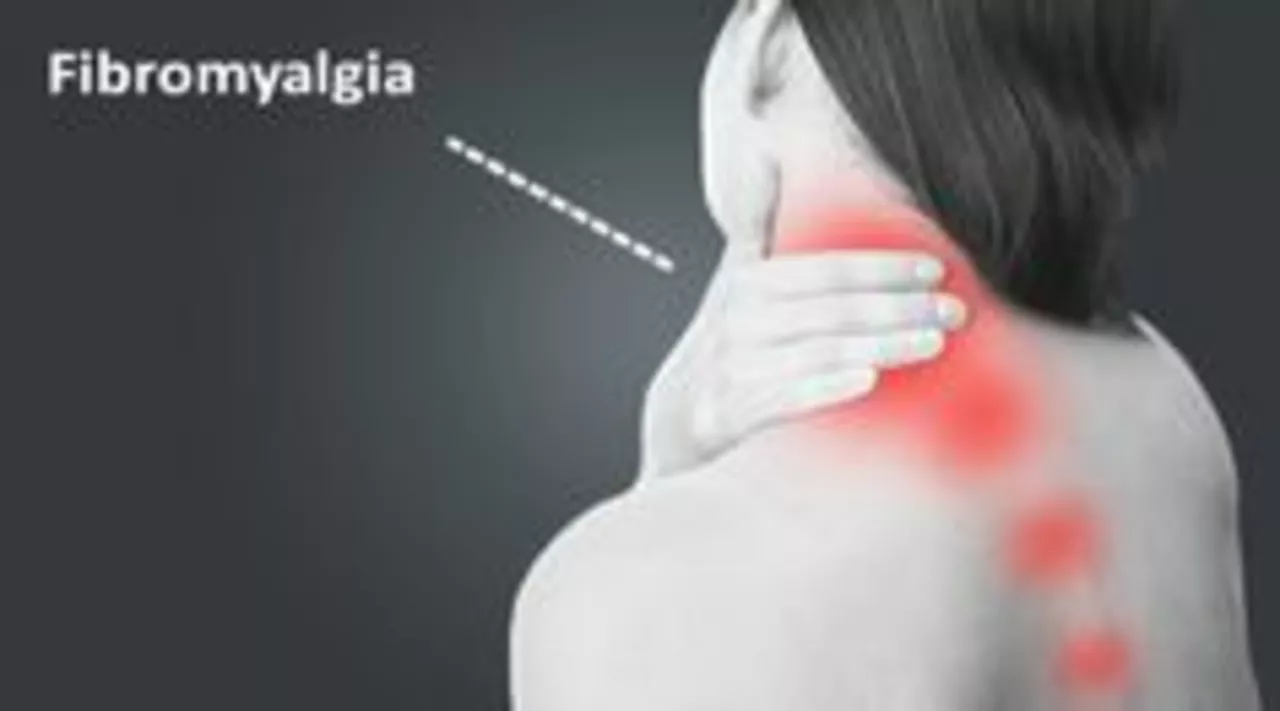Understanding Fibromyalgia: What You Need to Know
Fibromyalgia is a tricky condition because it causes widespread pain, fatigue, and other symptoms that can really interfere with daily life. Unlike injuries or clear damage, this pain comes from how your brain processes pain signals, making everything feel worse than it should. If you’ve been feeling constant muscle aches, brain fog, or stiffness, fibromyalgia might be the cause.
Many people wonder why fibromyalgia hits some and not others. Experts believe it comes from a mix of genetics, infections, and stressful events that throw off the nervous system. It’s not just muscle pain; people often deal with sleep problems, headaches, and mood swings. This combo can make simple tasks exhausting.
Managing Fibromyalgia: Practical Tips That Work
There’s no magic cure, but managing fibromyalgia is possible by combining lifestyle changes and medical help. A big piece is regular, gentle exercise — think of activities like walking, swimming, or yoga. These help reduce pain and boost energy over time.
Sleep quality is another priority. Poor rest makes symptoms worse, so fixing your sleep habits can make a big difference. Some find that setting a strict wake-up time, cutting caffeine late in the day, or trying relaxation techniques helps them sleep deeper.
Medical Options and Support
Doctors often suggest medications like certain antidepressants or pain relievers that target fibromyalgia pain specifically. These don’t cure the condition but can ease the toughest symptoms. It’s important to talk openly with your doctor about what’s working and what isn’t.
Finally, connecting with others who understand fibromyalgia can really help. Support groups and therapy give you a chance to share experiences and get a fresh outlook on coping strategies.
Fibromyalgia is hard, but with the right approach, many people find ways to feel better and live fuller lives.

Fibromyalgia and Children: Recognizing and Treating Symptoms in Young Patients
As a blogger, I recently delved into the topic of fibromyalgia in children. It's essential to recognize and treat symptoms in young patients as early as possible, as this chronic pain disorder can significantly impact their daily lives. Understanding the common symptoms such as widespread pain, fatigue, and cognitive difficulties can help parents and medical professionals identify fibromyalgia in children. Treatment options typically include a combination of medication, physical therapy, and lifestyle changes to help manage the condition. Supporting our children with fibromyalgia is crucial in ensuring they can lead fulfilling lives despite the challenges they may face.
Continue Reading



